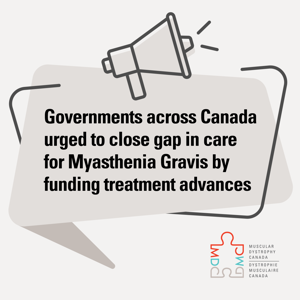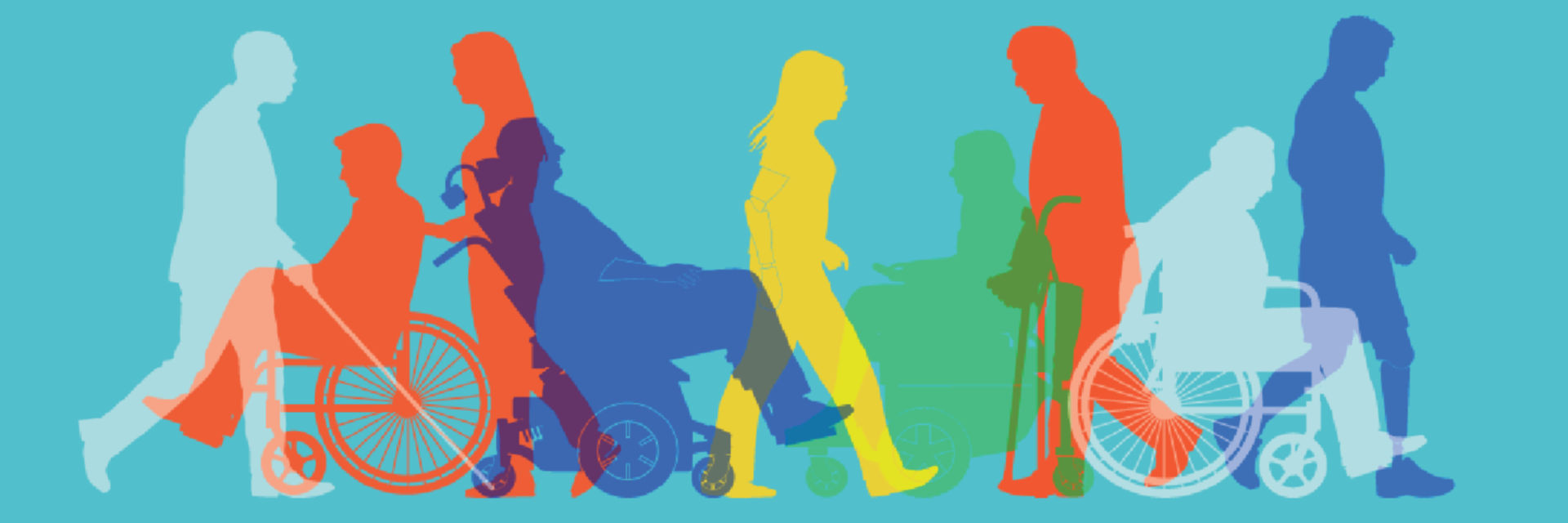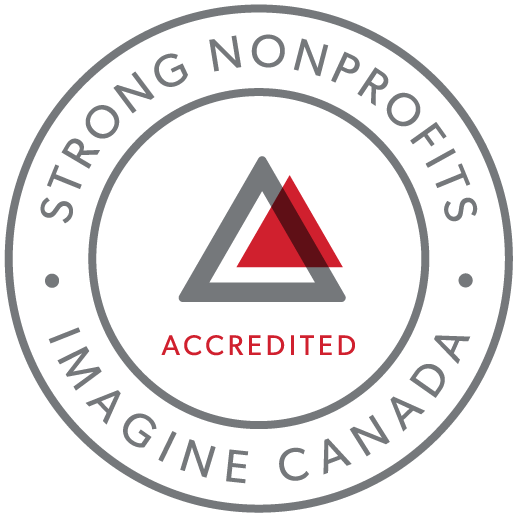Toronto, Ontario – Access to innovative care is vital for Canadians living with myasthenia gravis (MG) to help relieve the considerable impact faced by those affected by this rare neuromuscular disorder. For the first time in over 30 years, treatment advancements for adults with refractory MG have been approved in Canada, bringing hope to those for whom current treatments are ineffective. Yet, none of these new treatments are accessible through public funding, including Soliris (eculizumab), which was the first to be approved in 2018.
“Today, Canadian patients affected by MG who rely on public funding unfortunately spend years navigating challenging processes to show the inefficacy of treatments, only to find out they have run out of accessible options,” says Stacey Lintern, CEO, Muscular Dystrophy Canada. “We are urging provincial and territorial governments to help close the gap in care for Canadians living with myasthenia gravis by immediately enabling access to therapeutic advancements in MG.”
Myasthenia gravis (MG) is a severely debilitating chronic condition that causes progressive muscle weakness leading to an inability to swallow, decreased mobility, respiratory crises, and hospitalization. The diagnosis of MG is often missed or delayed and can take five years, on average, to obtain. The fluctuating and unpredictable nature of MG symptoms, with periods of worsening and remission, has a substantial impact on quality of life. Thus, the main goal of treatment is to achieve either long-term remission or reduce the severity of disease to mild or minimal symptoms.1
“The extensive hospital visits and critical care resources required to manage an MG crisis can impact the physical, emotional, social and financial well-being of a person, but it also places a financial and resource burden on the provincial healthcare systems,” says Chloe Atkins, who is living with MG. “Earlier public funding of innovative treatments which more effectively control the disease could result in fewer hospital admissions and less damage to the body, meaning a greater quality of life for people living with MG and a decreased strain on our healthcare services.”
In response to the persistent gap in care, the MG community, including medical experts from across Canada, have come forward to express the importance of having immediate access to innovative treatment options for the disease.
“Patients with MG need access to more and different strategies to address both the burden of the disease and the burden of existing therapies,” explains Dr. Hans Katzberg, a neurologist and a member of NMD4C – The Neuromuscular Disease Network for Canada. “Newer treatments for refractory MG and moderate to severe non-refractory MG have the potential to improve the patient’s quality of life by decreasing the frequency and intensity of symptoms, and by helping to reduce the dosage and usage of other medications with higher toxicity or delayed onset of action.”
Following the approval of Soliris, two other drugs for the treatment of MG were approved in Canada – Ultomiris (ravulizumab) in January 2023 and Vyvgart (efgartigimod alfa) in September 2023. However, none of these treatments are currently accessible to patients in Canada through public funding.
“Patients living with MG in Canada should not need to wait for access to more effective, better-tolerated treatment innovations,” underscores Ms. Lintern. “There is an immediate pathway to providing public funding for these treatments across the country, which will help relieve the significant treatment burden that currently impacts those living with this debilitating disorder.”
Muscular Dystrophy Canada appeals to the provincial and territorial drug plans to expedite publicly funded access to all Health Canada-approved treatment options for myasthenia gravis, now and in the future.
– 30 –
References:
- Mapping the Myasthenia Gravis Canadian Journey – Muscular Dystrophy Canada, 2023
ABOUT MUSCULAR DYSTROPHY CANADA
Muscular Dystrophy Canada’s mission is to enhance the lives of persons affected by neuromuscular disorders by continually working to provide ongoing support and resources while relentlessly searching for cures through well-funded research. To learn more about MDC, please visit muscle.ca or call our toll-free number at 1-800-567-2873.
FOR MORE INFORMATION CONTACT:
Heather RiceMuscular Dystrophy Canada
Heather.Rice@muscle.ca
902-440-3714



